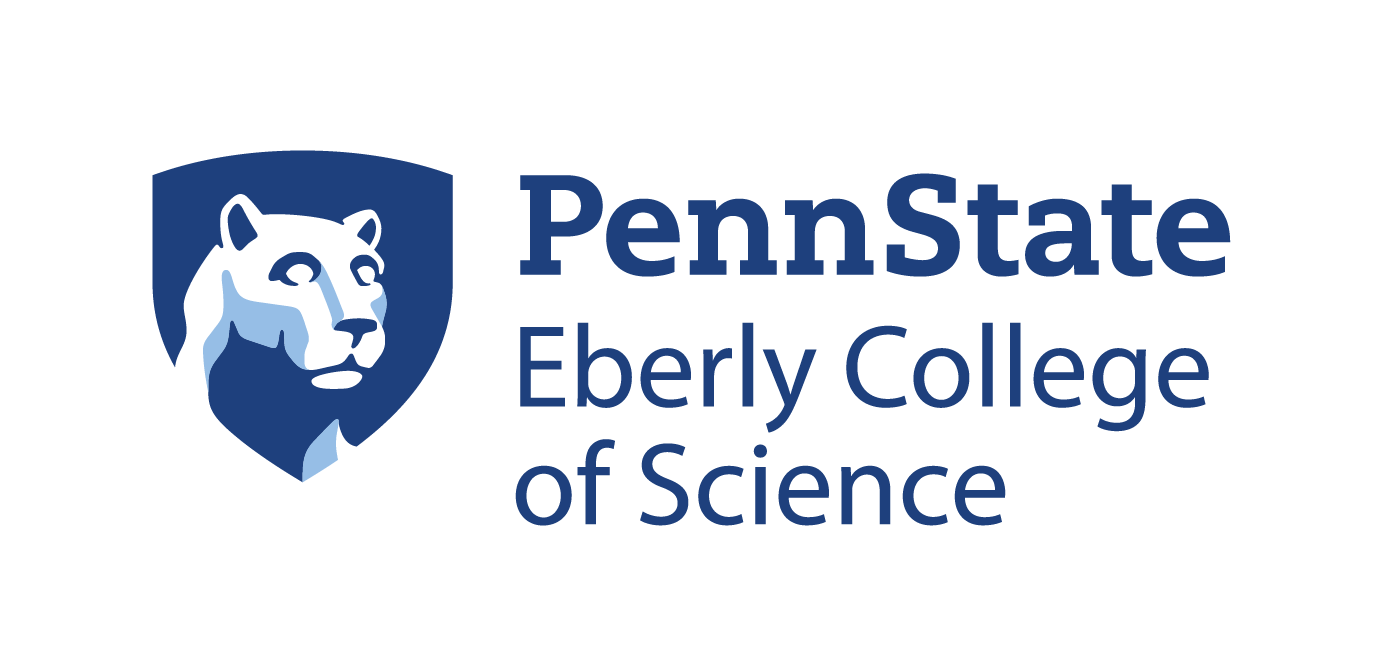All Penn State faculty must provide a reporting of activities in their annual Faculty Activity Report. Student feedback and a self-reflection on teaching are a part of the annual report. Your self-reflection on teaching is a self-reporting of your thinking about your teaching experiences and how this reflective process will inform curricular course improvements and accompanying changes or enhancements in your pedagogical practices in the coming year. The student feedback is comprised of the University-administered Student Educational Experience Questionnaire (SEEQ), offered to students in weeks 12–14 in a regular semester. The Schreyer Institute for Teaching Excellence created a series of valuable resources to help faculty develop their self-reflection on teaching and interpretate the student feedback from the SEEQ survey.
Tips to Make Your Annual Reporting on Teaching Work for You
Activity Insight is the online software tool Penn State faculty use to collect all the data on their activities related to research, teaching, and service. Activity Insight is also used to create your Faculty Activity Report (FAR).
In spring 2024, members of our team presented a town hall: “Making the FAR Work for You.” The goal of the session was to help faculty members learn more about Penn State’s Faculty Teaching Assessment Framework, see what was new in the FAR, and thoughtfully consider and complete the fields in Activity Insight focused on teaching. Additionally, we mapped the fields in Activity Insight to the template that is used annually to create the FAR and created recommendations that faculty should consider when adding to the educationally related fields in Activity Insight.
If you would like our team to come to talk to your department or host a workshop on annual reporting, please contact us.
Resources for Creating your Self-Reflection on Teaching
Your annual self-reflection should range in length from 250 to 1,000 words. You will want to connect this narrative to the Elements of Effective Teaching that Penn State has identified as guidelines for all instruction. The quick start guide developed by the Schreyer Institute for Teaching Excellence will help to guide you in your thinking.






